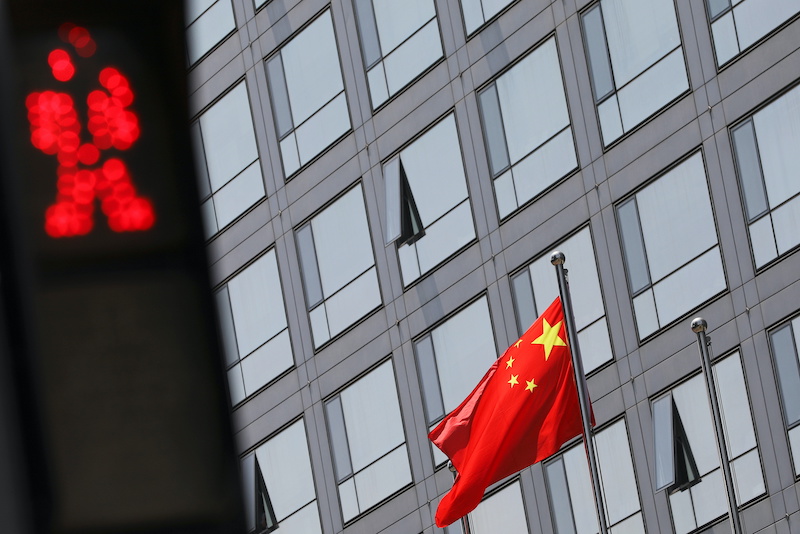Several of the first firms to list under China’s new registration-based initial public offering (IPO) system saw their shares more than triple in their debut on Monday, despite a lacklustre market overall.
The listing of the 10 businesses on the main boards of Shanghai and Shenzhen marks the completion of China’s new US-style IPO system, intended to make public share sales more market-oriented.
Shanghai’s tech-focused STAR Market, Shenzhen’s start-up board ChiNext, and the Beijing Stock Exchange for smaller businesses have already implemented the approach.
Also on AF: China Contemplating Export Ban on Rare-Earth Magnets
Shenzhen CECport Technologies, an electronic components distributor situated in Shenzhen’s southern technology hub, opened 161% higher on Monday, and surged 239%, after raising 2.25 billion yuan ($327.18 million).
Dencare Chongqing Oral Care, a manufacturer of oral products, rose by 98% at opening and went on to surge 214%. The other eight enterprises, which included Shaanxi Energy Investment and Both Engineering Technology, increased by 50% to 120%.
Low debut prices
There is no daily trading limit for the first five trading days for shares that have listed after an IPO under the new guidelines. Previously, new stocks listed on China’s main boards could gain as much as 44% and decline no more than 36% on their first trading day.
After those five days, however, the standard 10% daily trading limit will apply to stocks listed on the main boards.
The companies rose because “their valuation and debut prices are not expensive,” Ade Chen, general manager of Guangzhou asset manager Fund Investment, said.
CECport Technologies’ IPO was priced at 26.8 times earnings, which is less than the industry-wide valuation in 2021 of 35 times earnings, the firm’s prospectus said.
Meanwhile, Dencare’s price-to-earnings ratio for the IPO was 36.8, compared to a wider industry valuation of 51.6 in 2021.
The two figures show that the companies are undervalued in comparison to their rivals.
“Afterwards, investors will focus more on companies’ growth potential and fundamentals,” Chen said.
Economic revival
The new market-oriented IPO system is expected to accelerate listings and corporate funding, as Beijing strives to revitalise an economy battered by Covid restrictions.
“The changes brought about by the IPO reform are all-round and fundamental, centred by information disclosure,” Yi Huiman, the chairman of the China Securities Regulatory Commission (CSRC) said, according to a report from state media CCTV on Monday.
“The service function of the capital market to the real economy, especially technological innovation, has been greatly improved,” Yi said.
Tepid market mood
Overall, China’s benchmark Shanghai Composite fell 0.3% on Monday as geopolitical tensions dampened risk appetite, after China’s military simulated precision strikes against Taiwan in a second day of drills on Sunday.
China began three days of military exercises after Taiwan President Tsai Ing-wen returned from a brief visit to the United States, where she met US House Speaker Kevin McCarthy. Beijing was opposed to the meeting.
Investors also awaited additional data to assess the strength of China’s economic recovery following the repeal of its restrictive Covid-19 measures.
- Reuters, with additional editing by Vishakha Saxena
Also read:
China Envoys ‘Grab’ Billions in Unprecedented Push for Deals
EU Leaders Back in China, Eyeing Business and Ukraine
Foreign Money Flowing Back Into China on Alibaba, Ma Boosts
Record Inflows to Emerging Market Funds After China Reopening
China’s Yuan is Now the Most Traded Currency in Russia






















